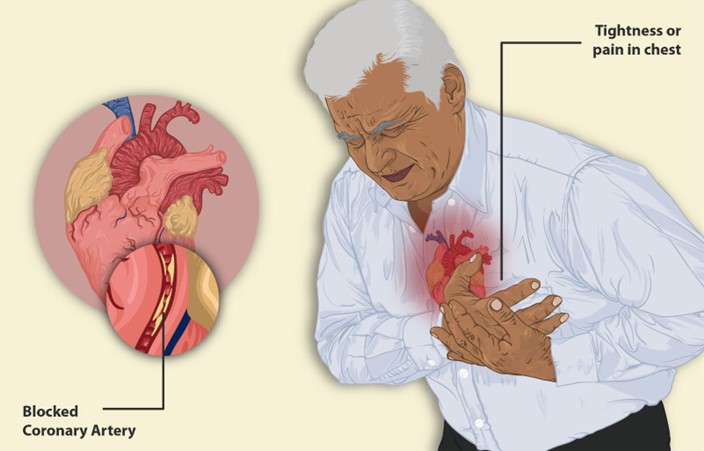A nurse is caring for a client who is in the compensatory stage of shock. Which of the following findings should the nurse expect?
Heart rate 180/min
Motled skin
Hypokalemia
Blood pressure 115/68 mm Hg
The Correct Answer is D
The correct answer is D. Blood pressure 115/68 mm Hg.
Choice A reason: Heart rate 180/min is incorrect because, although an increased heart rate is a compensatory mechanism, a rate of 180/min is excessively high and suggests a more severe stage of shock or other cardiac issues.
Choice B reason: Mottled skin is incorrect as it indicates poor perfusion seen in decompensated shock, where organ dysfunction begins to manifest, not in the compensatory stage.
Choice C reason: Hypokalemia, or low potassium levels, is incorrect because electrolyte imbalances are not typically a finding in the compensatory stage of shock. Normal potassium levels range from 3.5 to 5.0 mEq/L.
Choice D reason: Blood pressure 115/68 mm Hg is correct because it falls within the normal blood pressure range, which the body strives to maintain during the compensatory stage of shock through various mechanisms.
Nursing Test Bank
Naxlex Comprehensive Predictor Exams
Related Questions
Correct Answer is C
Explanation
Choice a) is incorrect because morphine sulfate is an appropriate prescription for a client who has acute heart failure following MI. Morphine sulfate is an opioid analgesic that can relieve pain, anxiety, and dyspnea. Morphine sulfate can also reduce the preload and afterload of the heart, which can improve the cardiac output and oxygenation.
Choice b) is incorrect because laboratory testing of serum potassium is an appropriate prescription for a client who has acute heart failure following MI. Serum potassium is an electrolyte that is important for the normal function of the cardiac cells and muscles. Serum potassium can be altered by various factors, such as renal function, acid-base balance, medications, or dietary intake. Serum potassium can affect the cardiac rhythm and contractility, which can influence the outcome of the client.
Choice c) is correct because 0.9% normal saline IV at 50 mL/hr continuous is a prescription that requires clarification for a client who has acute heart failure following MI. 0.9% normal saline is an isotonic solution that can maintain the fluid balance and blood pressure in the body. However, 0.9% normal saline can also cause fluid overload and worsen the heart failure symptoms, such as edema, crackles, and dyspnea. The nurse should clarify with the provider if this prescription is appropriate for the client's condition and if there are any parameters or limits for the fluid administration.
Choice d) is incorrect because bumetanide 1 mg IV bolus every 12 hr is an appropriate prescription for a client who has acute heart failure following MI. Bumetanide is a loop diuretic that can increase the urine output and reduce the fluid volume and pressure in the body. Bumetanide can also decrease the preload and afterload of the heart, which can improve the cardiac output and oxygenation.
Correct Answer is D
Explanation
Choice A Reason: This is incorrect. Anginal pain usually lasts less than 20 min and subsides with rest or medication. Pain that lasts longer than 20 min may indicate a myocardial infarction.
Choice B Reason: This is incorrect. Anginal pain usually responds to rest and organic nitrates, such as nitroglycerin. Pain that does not improve with these measures may indicate unstable angina or a myocardial infarction.
Choice C Reason: This is incorrect. Anginal pain is not affected by the position of the client. Pain that is relieved by sitting up may indicate pericarditis or pleurisy.
Choice D Reason: This is correct. Anginal pain is caused by a temporary imbalance between the oxygen demand and supply of the myocardium. Factors that increase the oxygen demand, such as exertion, anxiety, cold, or heavy meals, can trigger anginal pain.

Whether you are a student looking to ace your exams or a practicing nurse seeking to enhance your expertise , our nursing education contents will empower you with the confidence and competence to make a difference in the lives of patients and become a respected leader in the healthcare field.
Visit Naxlex, invest in your future and unlock endless possibilities with our unparalleled nursing education contents today
Report Wrong Answer on the Current Question
Do you disagree with the answer? If yes, what is your expected answer? Explain.
Kindly be descriptive with the issue you are facing.
